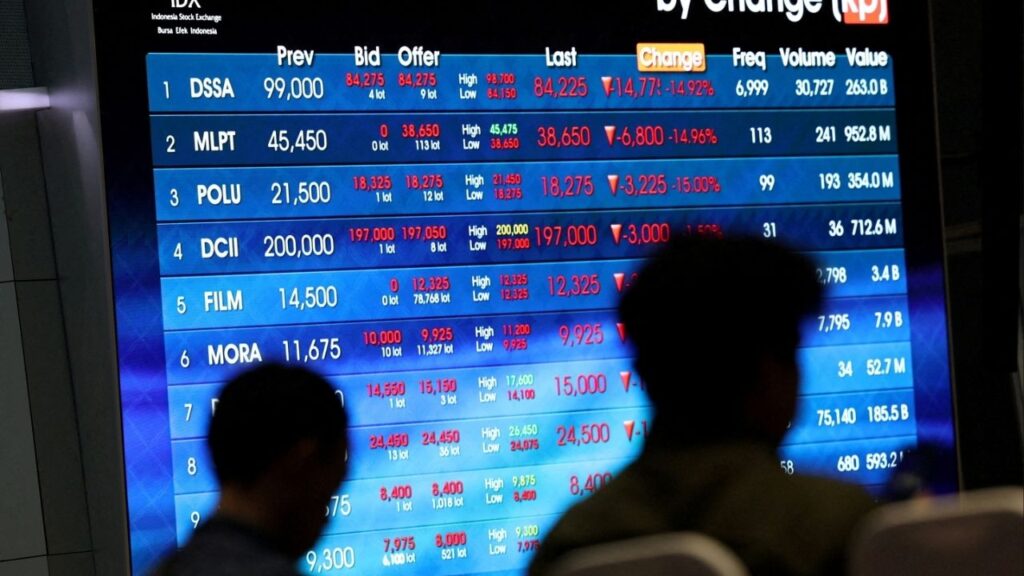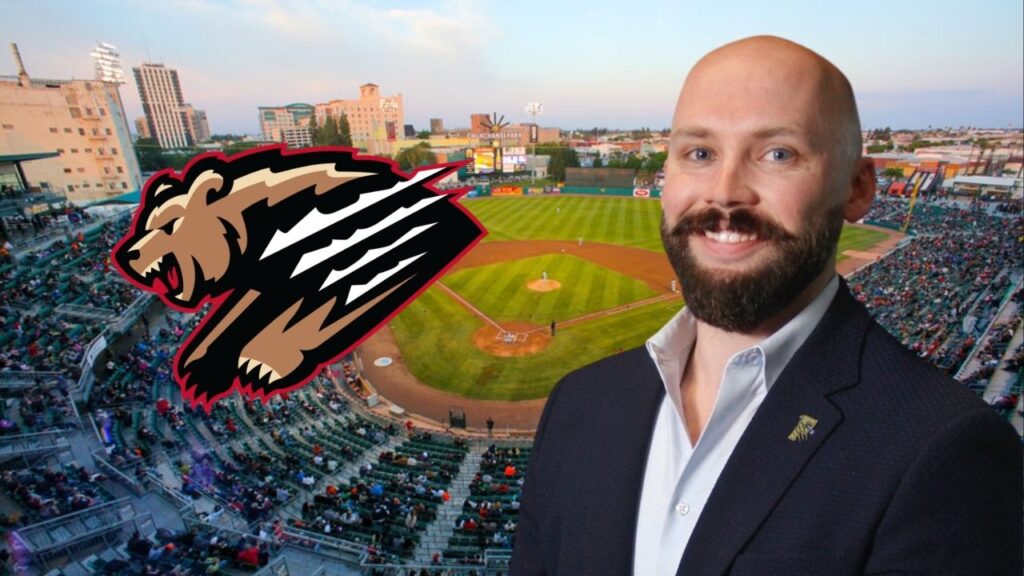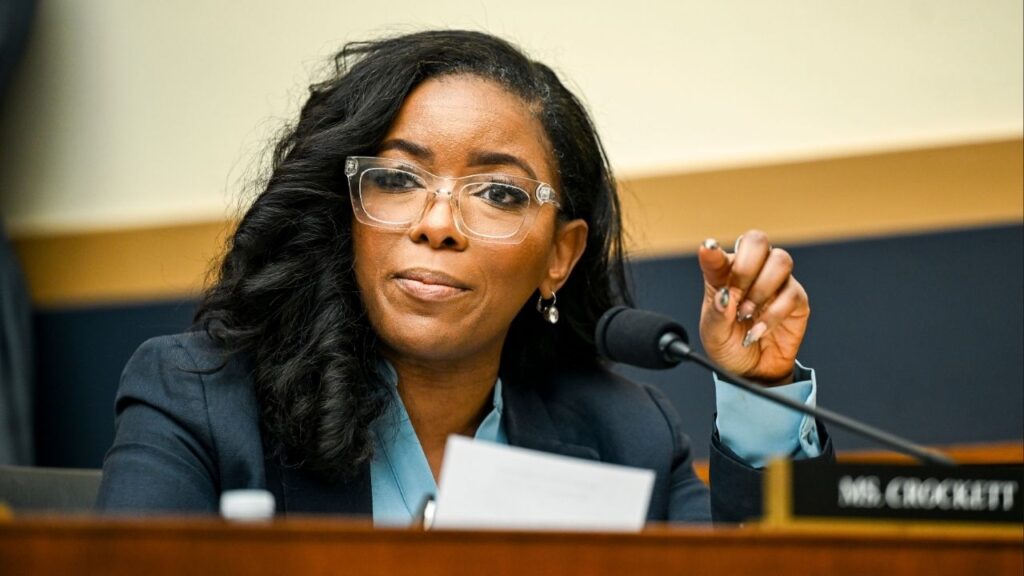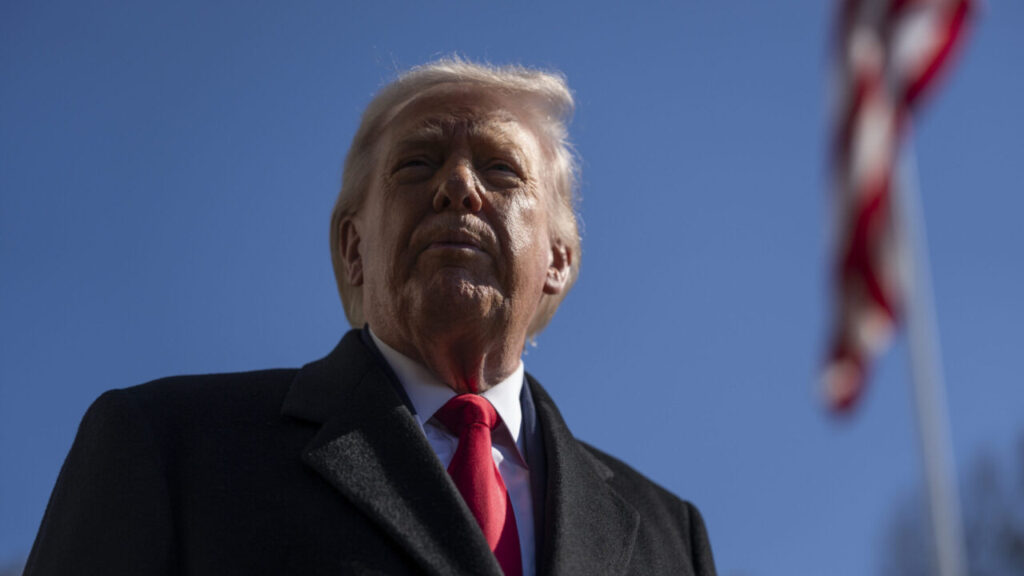California lawmakers pass bill banning mandatory anti-union meetings, challenging employers' practices amid growing labor movement. (CalMatters/Lauren Justice)

- Bill aims to prohibit employers from forcing workers to attend meetings about political or religious views, including unionization.
- Business groups argue the bill infringes on free speech rights and could chill discussions on legislation and regulations.
- Newsom's decision on the bill is pending, with a history of mixed support for labor-backed proposals in recent years.
Share
|
Getting your Trinity Audio player ready...
|
On the final day of their session, California lawmakers sent Gov. Gavin Newsom a bill banning employers from forcing workers to sit through anti-union meetings — the latest attempt by Democratic politicians to support union activity amid a revived labor movement.

Jeanne Kuang
CalMatters
If Newsom signs Senate Bill 399, California would join nine other states that have recently passed laws prohibiting an employer from requiring workers to attend so-called captive audience meetings about their political or religious views.
Minnesota Gov. Tim Walz, the Democratic vice presidential candidate, signed one such law last year, and has touted it on the campaign trail.
The California bill can cover discussions of employers’ views on political candidates or legislation, but it’s largely aimed at one specific kind of required workplace meeting — when bosses discuss whether workers should unionize.
Related Story: California Settles Lawsuit With Sacramento Suburb Over Affordable Housing ...
Union Activity Surges Amid Legislative Push
California workers, following a nationwide trend, have increasingly sought unionization in recent years. Union elections have spiked in the last three years, with nearly 17,000 workers voting at more than 300 California workplaces in 2023. So far in 2024, more than 14,000 California workers have voted in a union election, according to a CalMatters analysis of National Labor Relations Board data.
The National Labor Relations Board has generally allowed “captive audience” meetings for decades — provided employers don’t threaten workers or withhold benefits for supporting a union. But the board’s general counsel under President Joe Biden has sought to crack down on them, arguing they are often used to intimidate employees.
Business groups say the bill would be much broader, and would infringe on employers’ free speech rights. State bans in Connecticut and Minnesota have been challenged in court. Wisconsin in 2009 was one of the first states to ban such meetings; when employers filed suit the following year, arguing it conflicted with federal law, the state backed down and agreed not to enforce it.
The California Chamber of Commerce made SB 399 one of their most fiercely contested bills this year. In a legislative alert on Tuesday, the chamber said the bill would “effectively chill any discussions related to legislation, regulations, or other ‘political matters.'”
In an August letter to lawmakers opposing the bill, business groups argued they already can’t coerce workers to vote for certain candidates or to vote against unionizing, and said because the bill could fine bosses for talking to employees about political views but not other matters, it’s a violation of the First Amendment.
Related Story: California City’s $550 Million Payout From Chevron Draws National ...
The bill includes exemptions for “political organizations” that employ people whose job duties require them to engage in political activity, but chamber policy advocate Ashley Hoffman said in the letter that it’s too vague.
But supporters say the bill only targets intimidation in the workplace by penalizing employers who punish workers for refusing to attend a “captive audience” meeting.
“If an employer wants to share [their] beliefs at the worksite, that’s fine, but no one should be coerced to listen,” Assemblymember Eloise Gómez Reyes, a San Bernardino Democrat, said on the Assembly floor Friday before voting for the bill.

Fast food workers cheer before Gov. Gavin Newsom signs legislation boosting wages to $20 an hour, starting in April, during a press conference at SEIU Local 721 in Los Angeles on Sept. 28, 2023. Photo by Alisha Jucevic for CalMatters
The bill’s passage last week was a win for unions amid a number of losses this year in the Legislature, especially compared to the 2023 session.
And while the state in the past two years has increased wages for fast food workers and health care workers, and boosted worker benefits such as paid sick days, labor-backed demands to make it easier to unionize or go on strike have been a tougher sell.
“If we just keep doing legislation that makes things better for workers, that’s good, but it’s not the same power that you’re giving workers in the workplace when they’re able to strike, when they’re able to organize without intimidation,” Lorena Gonzalez, leader of the California Labor Federation, told CalMatters this week.
Newsom’s Stance on Labor Bills Remains Uncertain
In 2022, Newsom was reluctant to sign a bill making it easier for farmworkers to form unions by giving them an option to signal their support without employers knowing who was voting. He only gave his approval after the United Farm Workers drummed up political pressure from fellow Democrats, including Biden. That law has now been challenged by growers in court.
Last year, he vetoed a bill to allow striking workers to collect unemployment benefits, a proposal that Hollywood writers and actors said would have helped them through the “hot labor summer” of work stoppages. Unions attempted to revive the bill this year, and it passed the Senate but failed to get enough votes to clear an Assembly committee.
The captive audience meetings bill also passed the Senate last year, and then eked out of the Assembly last week with just over the minimum 41 votes needed to pass (though a handful of Democrats added “yes” votes later). It won final approval in the Senate Saturday on a 31-9 vote.
The chamber is urging Newsom to veto the bill. The governor has not taken a position, and has until the end of September to decide.
Two other bills sent to Newsom last week seek to help laborers cut out of traditional worker protections. He has rejected versions of both before.
Related Story: A Diminished, Unpopular Gavin Newsom Loses His Grip on California Politics
Newsom in 2022 vetoed an expansion of unemployment insurance to undocumented immigrants, saying that the bill didn’t identify how to pay for it. The unemployment bill passed this year would require the administration to figure that out, and then report the plan back to the Legislature.
In the past three years, Newsom has twice vetoed an expansion of workplace safety regulations to include domestic workers, such as house cleaners, nannies and caretakers, citing concerns about subjecting thousands of private homes to possible workplace safety inspections. The bill passed this year exempts workers who are privately employed by a homeowner or who are sent to private homes by publicly funded programs — such as county programs that pay caretakers for the elderly and disabled.
Instead, the bill that passed this year puts the onus on house cleaning and home care agencies to ensure their employees are safe.
About the Author
Jeanne Kuang is an accountability reporter who covers labor, politics and California’s state government. She focuses on how well officials follow through on laws, such as indoor heat protections for workers, a higher minimum wage for fast food employees and a second chance for those convicted of crimes. Her stories also highlight how state policies affect disadvantaged communities, such as low-income renters or immigrant workers.
About CalMatters
CalMatters is a nonprofit, nonpartisan newsroom committed to explaining California policy and politics.



















